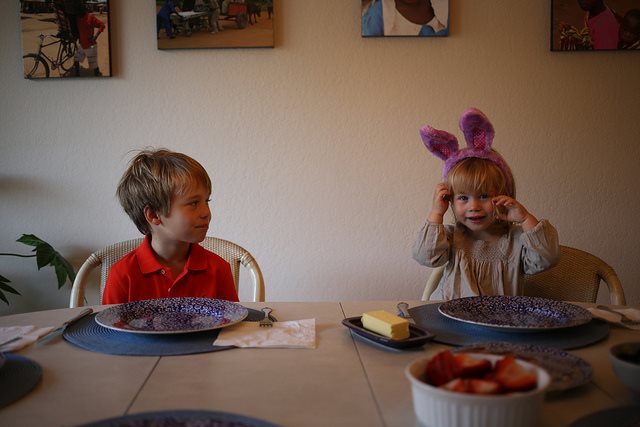
Mealtime Hostage Parenting Science Gang – the story so far
What happens when you gather together a group of parents who support children who avoid food? You discover that they have a lot of questions!
Our members’ children have a wide range of issues including extreme selective eating (eating only a very few “safe” foods), restrictive eating (eating only a very little of anything) and being tube-fed. Some parents have sought diagnoses of ARFID (a recently categorised condition – Avoidant/Restrictive Food Intake Disorder) for their children, many just can see that there is something not right with how their children eat. But interestingly, many of our questions were the same;
- What are the long-term health consequences of eating only a very few specific foods?
- If the natural development of appetite regulation is disrupted by early feeding difficulties or medical intervention, does this result in later feeding difficulties? Could this be prevented through early intervention?
- Can eating issues be passed down genetically through families?
- What interventions help children most effectively?
- What is the effect of healthy eating advice from schools on children who have eating issues?
We started talking to experts and quickly discovered that we were aiming too high. Actually, research hasn’t answered many of the really basic questions yet; questions like;
- How is selective eating different to restrictive eating?
- Is selective eating linked to other behavioural traits?
- How common is extreme selective eating?
We found out that simply getting together a group of families who are affected by selective/restrictive eating issues was difficult for researchers. Our reach, to over 9000 members of our mother-group, Mealtime Hostage – the Group, was a real advantage to us.
So we had a re-think and teamed up with Professor Jackie Blissett (Aston University) and Dr Terry Dovey (Brunel University) to consider what we were most interested in. We eventually decided that we wanted to look into the link between sensory issues (such as being sensitive to loud noises, unusual textures or odd smells), anxiety and eating.
We decided to use a questionnaire made up of a mix of “validated measures” – sets of questions that had been rigorously tested over the years so that answers to them can be easily analysed and compared to each other. We mixed and matched to get a questionnaire that asked parents to report on their children’s eating, reactions to sounds/textures/smells, and anxiety.
With the help of Terry and Jackie, the research plan was approved by the Brunel University ethics committee and the questionnaire written up.
Now we just need to send it out into the world (thank goodness for Facebook and its giant reach to parents everywhere!), and with Terry and Jackie’s help work out what the answers tell us about the characteristics of children with different eating behaviours.
Watch this space…….!


